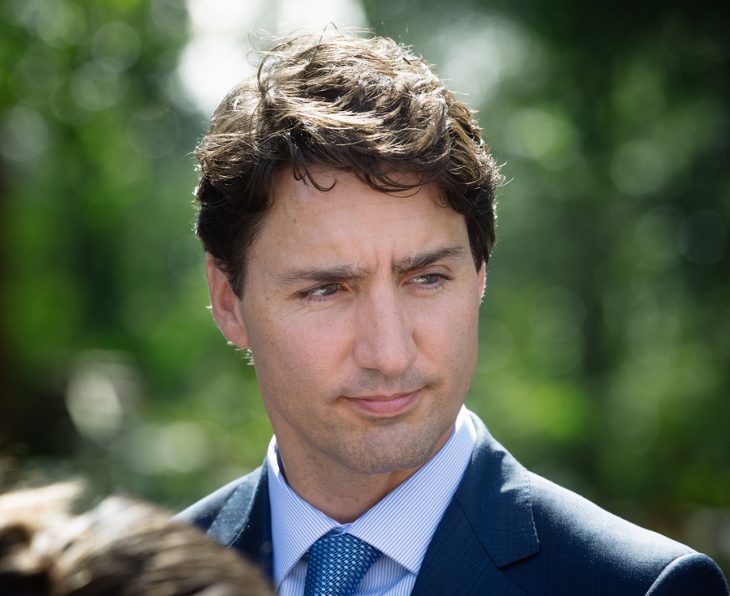
FIRE UP THE LOBBYISTS, lawyers and regulatory experts, Prime Minister Justin Trudeau’s government has opened up a once-in-a-generation chance to change everything about the cable, radio, television and telecom (CaRTT) business in Canada.
You think the new “Let’s Talk TV” rules are challenging, or the new Basic Service Objectives might hurt or Heritage Minister Mélanie Joly’s Cancon review was perplexing? Wait until the feds begin the overhaul of the Broadcasting Act (last updated in 1991) and Telecommunications Act (1993) later this year – as the 2017 Budget said is going to happen. Everyone with skin in this game, from the huge media and carrier conglomerates to the actors and writers and telecoms unions are going to see this as a way to re-set the Canadian culture and communications regime.
The entire regulatory shift driven by current CRTC chair Jean-Pierre Blais over the past five years could be ripped apart if the laws underpinning all of his work are rewritten.
Should the Liberal government succeed in updating the laws – and there’s no guarantee it will even be able to begin to accomplish what will be a vastly complicated and enormously contentious task – an industry in Canada already facing massive changes in the marketplace and in regulation, would have to pivot yet again.
Foreign ownership restrictions for broadcasting and telecom will be squarely on the table in such a review, as would the role of the CBC, all Canadian content quotas and how those quotas are counted, the role and mandate of the CRTC, the stated preference for Canada within the system and therefore things like channel linkage rules, and perhaps even advertising of prescription drugs on television. Everything which falls under those laws will be open for discussion and alteration.
The Broadcasting Act says, among other things: “The Canadian broadcasting system shall be effectively owned and controlled by Canadians,” and that it “should give priority to the carriage of Canadian programming services.”
The Telecommunications Act also says it is there “to promote the ownership and control of Canadian carriers by Canadians.” Under terms of that law, foreign entities are effectively limited to 46.7% total foreign ownership of a Canadian telecom or wireless carrier, except for the 2012 amendment where foreign companies can acquire a Canadian telco as long as it has less than 10% market share.
Will all of that remain in place after the review of the two Acts? Will the Acts become a single law, governing everything in the digital age? The text of the budget makes that at least seem a possibility where it reads: “In this review, the Government will look to examine issues such as telecommunications and content creation in the digital age, net neutrality and cultural diversity, and how to strengthen the future of Canadian media and Canadian content creation. Further details on the review will be announced in the coming months.”
That sounds a lot like Minister Joly’s already concluded consultations on Canadian Content in a Digital World, a report from which is likely coming in early summer.
As well, with the new American administration saying it will re-open the North American Free Trade Agreement, will they want more open telecom investment rules, so that the likes of Verizon and AT&T and others can purchase, outright, Canadian carriers?
According to a recent position paper written by advisors to president Donald Trump, opening up those rules here is something in their sights.
Even the Organization for Economic Co-operation and Development (OECD) says Canadians would be better off with increased foreign investment in telecom (when it comes to their retail rates for broadband and wireless only, as the report doesn’t say how Canadian jobs would be affected should foreign investment restrictions be removed).
One wonders if Heritage Minister Joly’s 2016 “everything is on the table” review of Cancon found a table just overwhelmed with too many issues and innumerable questions piled upon it, making a review of just Canadian content too narrow and fraught with potential unintended consequences if the laws underpinning so much of it were not also updated.
Perhaps the Prime Minister’s office found many items on that table too complex, too complicated, and too intertwined with other aspects of communications – not just culture – that the Trudeau and his advisors said, basically, “we have to change the laws.”
Many have been pining for this change and so here’s the opportunity; but as the adage goes: Be careful what you wish for, you just might get it.


